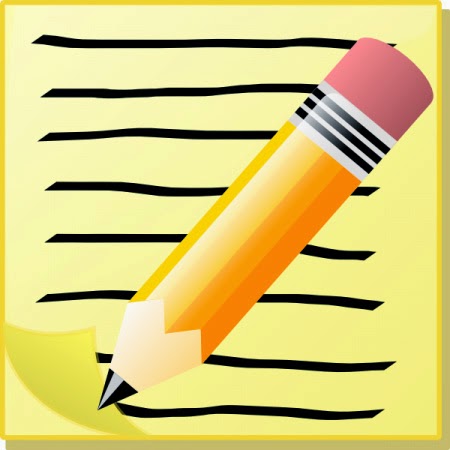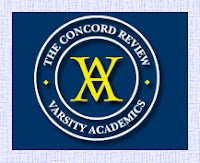Interact is a publisher that offers curricula that is unique and creative. The units
often are used as supplements in the regular classroom but can also be used in enrichment
classes. Many of the units involve interaction between students through
simulations. Interact curricula can be used successfully in classrooms that
consist of many different abilities. I knew one teacher who always had an
Interact simulation going in his classroom. His students (including the gifted
students) were so excited to go to school each day to work on the activities.
Each Interact unit includes a teacher's guide, purpose and
overview, daily lesson plans, student materials, time management guidelines,
and support materials.
Unit subjects include math, science, language arts, U.S.
history, world history, government & law, global education/geography,
business & economics, and character education. There are units available for all grade levels, elementary through high school.
A few examples are
Character Matters
Grades 1–4
Up to 20 hours for preparation, planning, and performance
Description: Welcome to a monthly meeting of the
Fairy Tale Advice Council. Led by Rapunzel, a handsome prince, and a recovering
wicked witch, the council offers help in character building to folk and fairy
tale creatures. In this fun and humorous musical, the Big Bad Wolf learns the
Golden Rule, Cinderella gets help in managing her anger at her bullying
stepsisters, and Jack and the Giant discover that their differences are cool.
Will Humpty Dumpty take responsibility for his fall? Can Baby Bear forgive
Goldilocks? And will the magic mirrors tell the evil queen the truth about who
is "the fairest of them all?"
Game Factory
Grades 3–7
A flexible structure allows for lengthening or shortening
the time required
Description: Cheatum Swindle is running the Goodwin's
game factory into the ground by producing unfair games, and it's up to your
students to use their arithmetic skills to save the company! Students work in
pairs performing hands-on experiments with spinners, dice, coins, and cards to
test the probabilities of Cheatum's games. The flip of a coin or the roll of
the die determines the moves they make as they advance through the factory,
examining games for fairness. As they find problems, they make modifications
and record reasons for their decisions. In the final push to save the company's
reputation, student pairs design their own games and present them with an
explanation of their fairness.
Black Gold
Grades 5–8
Up to 15 hours of instruction
Description: Black Gold is a challenging,
multi-disciplinary study of petroleum and our reliance upon this vanishing
fossil fuel. The science, geography, research, mathematics, and language arts
activities center around the global dynamics of petroleum production and
consumption. Your students will
- create
a map of the world showing the magnitude of petroleum reserves and
consumption, and trace major transportation routes and techniques;
- use a
variety of research tools, analyze information, and present and defend
their conclusion;
- buy
and sell crude oil at a commodity market (at their desks or via e-mail);
and
- devise
techniques to clean up a disastrous oil spill.






